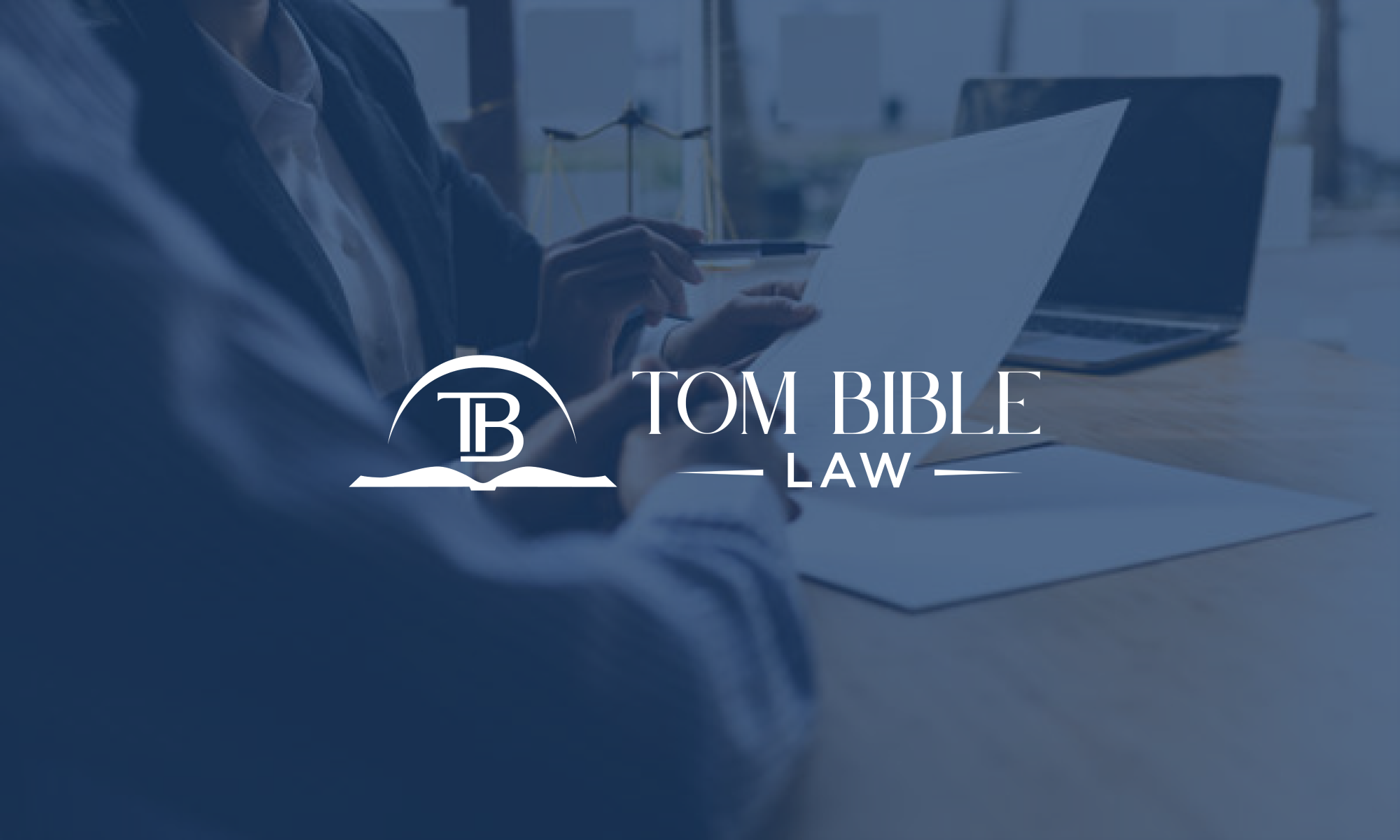Filing for bankruptcy can provide significant relief to individuals overwhelmed by debt, offering a fresh financial start by discharging many types of debts. However, it’s important to understand that not all debts are dischargeable in bankruptcy. Some obligations remain even after a successful bankruptcy case, which can affect your financial future. Knowing which debts cannot be discharged will help you make informed decisions as you navigate the bankruptcy process.
What Are Non-Dischargeable Debts?
Non-dischargeable debts are specific types of financial obligations that cannot be eliminated through bankruptcy. Regardless of whether you file for Chapter 7 or Chapter 13 Bankruptcy, these debts typically remain your responsibility. The rationale behind non-dischargeable debts is that certain obligations, either due to their nature or public policy considerations, must be paid even after bankruptcy.
Understanding the types of non-dischargeable debts can help you prepare for the financial obligations that will persist post-bankruptcy.
1. Student Loans
One of the most common types of non-dischargeable debt is student loans. In most cases, federal and private student loans cannot be discharged in bankruptcy. The only exception is if the debtor can demonstrate “undue hardship,” which is a difficult standard to meet. Courts may discharge student loans if continuing to pay them would impose an extreme financial burden on the debtor, but this is relatively rare.
2. Child Support and Alimony
Obligations to pay child support and alimony are considered essential to the well-being of dependents and are, therefore, non-dischargeable in bankruptcy. These debts must continue to be paid in full regardless of your bankruptcy filing. If you have accumulated arrears on child support or alimony, those too must be paid off, as bankruptcy will not eliminate these obligations.
3. Certain Taxes
While some tax debts may be discharged in bankruptcy, others are non-dischargeable. Recent income tax debts, particularly those that are less than three years old, generally cannot be wiped out. Additionally, taxes such as payroll taxes or fraudulently incurred tax debts are also non-dischargeable. The specific circumstances surrounding the tax debt, such as how long it has been owed and whether the debtor filed a timely tax return, will determine whether it is dischargeable.
4. Debts Incurred Through Fraud
If a debt was obtained through fraudulent means, it is non-dischargeable. For example, if you lied on a credit application or misrepresented your financial situation to obtain credit, the resulting debt would not be discharged in bankruptcy. Additionally, any debts incurred through false pretenses or deceitful behavior are likely to remain your responsibility after bankruptcy.
5. Court Fines and Penalties
Fines, penalties, and restitution payments arising from criminal activity or legal judgments are non-dischargeable. This includes traffic tickets, court fees, and any penalties imposed by government agencies. Similarly, if you were ordered to pay restitution as part of a criminal sentence, this obligation will not be discharged in bankruptcy.
6. Debts Not Listed in the Bankruptcy Filing
Any debts that you fail to list in your bankruptcy petition may not be discharged. It is crucial to include all of your debts when filing for bankruptcy to ensure that eligible debts are considered for discharge. Failure to do so could result in the debt remaining after the bankruptcy case concludes.
Navigating Bankruptcy with Non-Dischargeable Debts
While non-dischargeable debts can complicate the bankruptcy process, understanding them is key to successfully managing your financial obligations. If you are considering bankruptcy, it’s essential to work with an experienced bankruptcy attorney who can help you identify which debts can be discharged and which cannot. Your attorney can also explore other options, such as negotiating with creditors or developing a repayment plan, to help you manage non-dischargeable debts effectively.
Filing for bankruptcy can provide substantial relief from overwhelming debt, but it is not a cure-all for every financial obligation. Understanding which debts are non-dischargeable is crucial in planning your future financial situation post-bankruptcy. By knowing what to expect, you can better prepare for life after bankruptcy and take steps to manage any remaining debts.
Contact Tom Bible Law Today!
Are you struggling with debt and considering bankruptcy? Our knowledgeable Chattanooga bankruptcy attorneys can help you understand your options and guide you through the process. Contact Us Today for a free consultation, and let us assist you in navigating non-dischargeable debts and achieving a fresh financial start.


